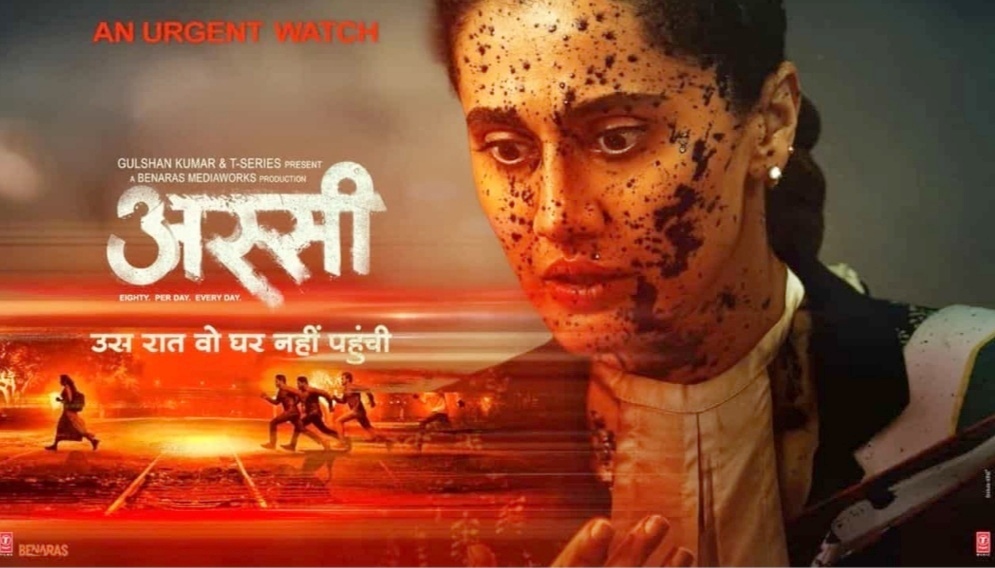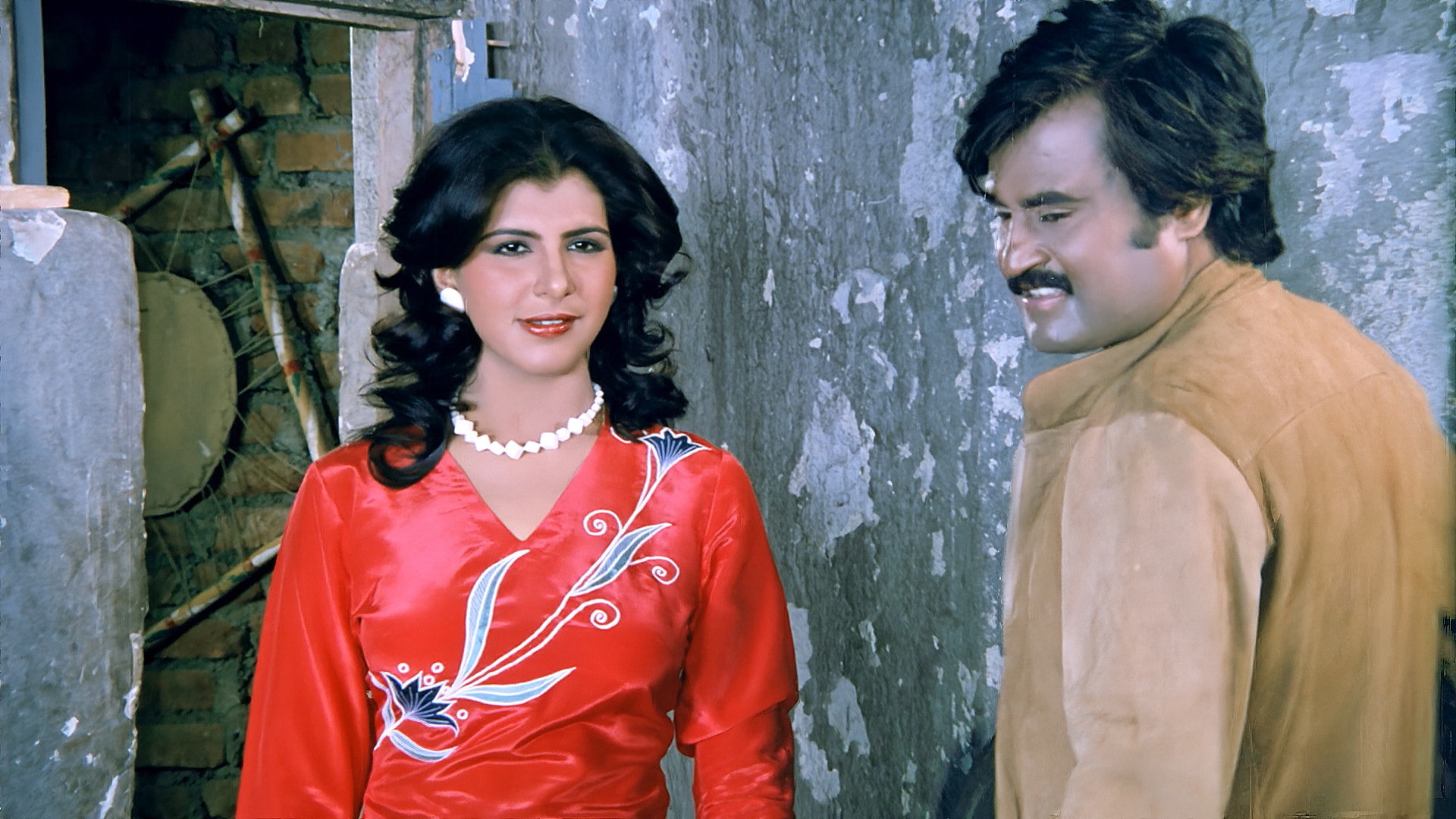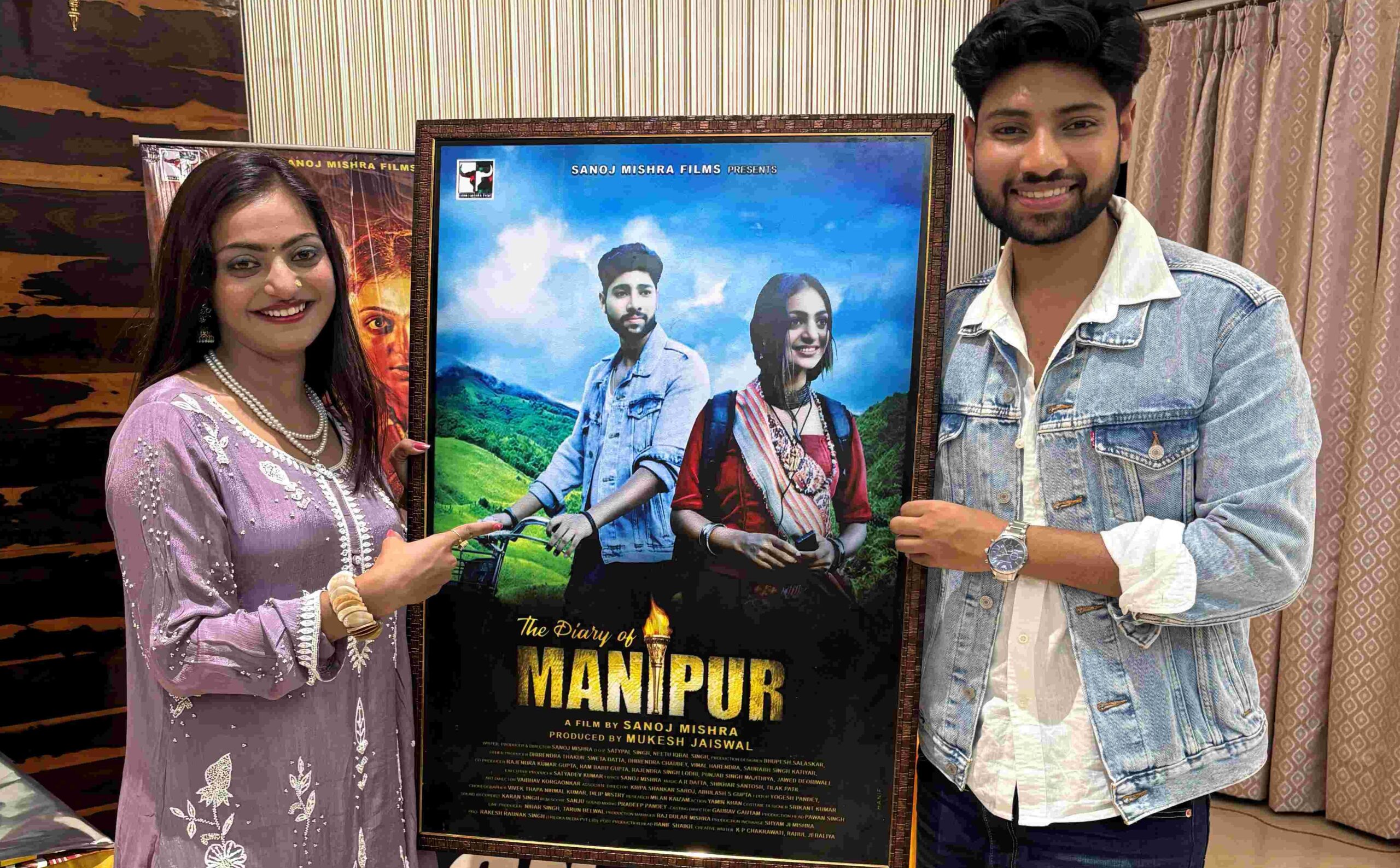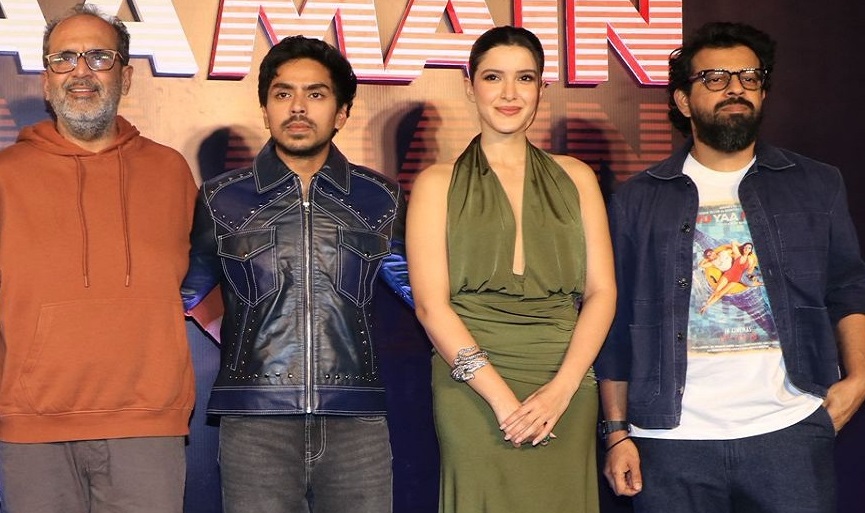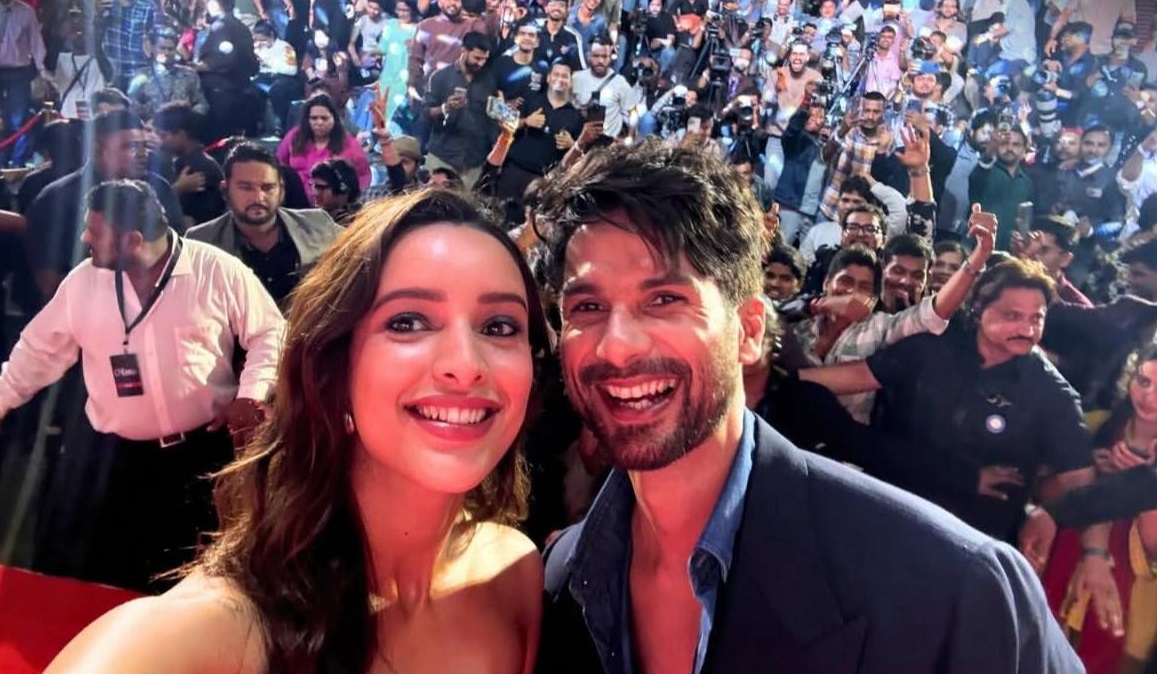Girish Wankhede | mumbai@bollywoodtown.in
It is that time of the season when we wait incessantly to see the change of tide, and then it happens. The year has been lackluster with two major debacles in Bade Miyaan Chhote Miyaan’ and Maidaan’ and was in need of some motivational endeavor to come to salvage, and Kalki 2898 happened in the process. It again created the same euphoria and excitement which was inconspicuous after the last year’s Animal’ and Jawaan’ releases. While the advance bookings ensured one of the biggest Openings of recent times, the weekend collections did the trick.
The enormous start cast and cameos comprising of Prabhas, Ram Gopal Varma and Vijay Devarkonda from Telugu Industry, Kamal Hasaan and Rajamauli from Tamil Industry, Dulquer Salman from Malayalam Cinema, Amitabh Bachchan, Deepika Padukone and Disha Patani from North and Mumbai and then promoting the song with Dijit Dosanjh in Punjab pushed the film to its Pan-India milieu and it also complimented it with one of the biggest theatrical releases in India and Overseas.
The result is as spectacular as the film which caters to masses with Hindu mythology as the pull followed by super impressive star cast and astonishing Production value. The only space it fails is the Music which could have been better for this range and illustriousness of a cinema going experience.
This dystopian science fiction adventure boasts of three thematic songs which are composed by Santosh Narayanan who works for Tamil, Telugu and Malayalam Cinema. He had replaced Mickey J Meyer who was supposed to do the Music initially, when A R Rehman showed too much pre-commitments. This Third-Choice of a Music Composer is in sync with the halfhearted it shows in its compositions which start with Bhairava Anthem’. Vijaynarain and Diljit Dosanjh sing this upbeat chorus-centric song which lacks the hook. The visual appeal of picturisation tries to make up with routine aggression in the song and fails considerably.
Diljhit’s Mahiya- Mahiya’ infusion sounds forceful and Kumaar’s lyrics in Hindi is as ordinary as it could be. ‘Kaam nahi kabhi aayegi sharifi, thodi aadaton me rakh jara beimaaniyaan’ may go with the character played by Prabhas, but its underlying tone and approach is not what we crave for. The Percussion also doesn’t go well and the overall impact is more visual than audible and that’s the shortcoming.
Theme of Kalki’ is the second composition which has vocals by Gowtham Bhradwaj and again penned by Kumaar. It means to be an ode to Lord Krishna with soul and divinity. It also doesn’t serve the purpose and sounds a typical composition which has been in vogue in all the biopics. This inspirational song needed a better tune and sound mix which could have elevated it to stand-out.
It also doesn’t have the holding power nor the needed energy to grow over the psyche of listeners. As a marketing ploy, the song was launched in Mathura to connect it to the birthplace of Lord Krishna, but again the visual imagery of the song dominates the audio quality and doesn’t grow with the listeners.
The third song is Ta Takkara’ filmed in the dreamland of the future featuring Prabhas and Disha Patani is the journey of the exotic land which is quite amazing in the optical approach. Stunning visuals and superlative Production Quality again takes away the credit of the Musicians, which anyway is again routine.
The song which starts with modern fiery triggering suddenly breaks down into a south Indian foot tapping customary ritual and the whole novelty factor vanishes. It is devoid of novelty or sound. Sangeet Hegde and Dhee are the singers while additional percussion by Karthik Vamsi, Shehnai by Rudresh Bhajantri and Violin by Manoj Kumar stands out. The choir and chorus are again flat and don’t meet up to the expectations.
Kalki 2898 is a visually appealing big budgeted film with outstanding Special Effects and great production value. It has a great ensemble star cast to boast as one of the most expensive films, but it lacks originality and flair in terms of music. It renders all the scope and KRA (Key Responsibility Area) for a Music Composer to think beyond the normal rut and provides enough opportunities to score (pun intended), but Santosh Narayana seems to miss the bus. It is a great opportunity lost for a film of this standing and of course, for the cinema aficionados who wait for better music.


